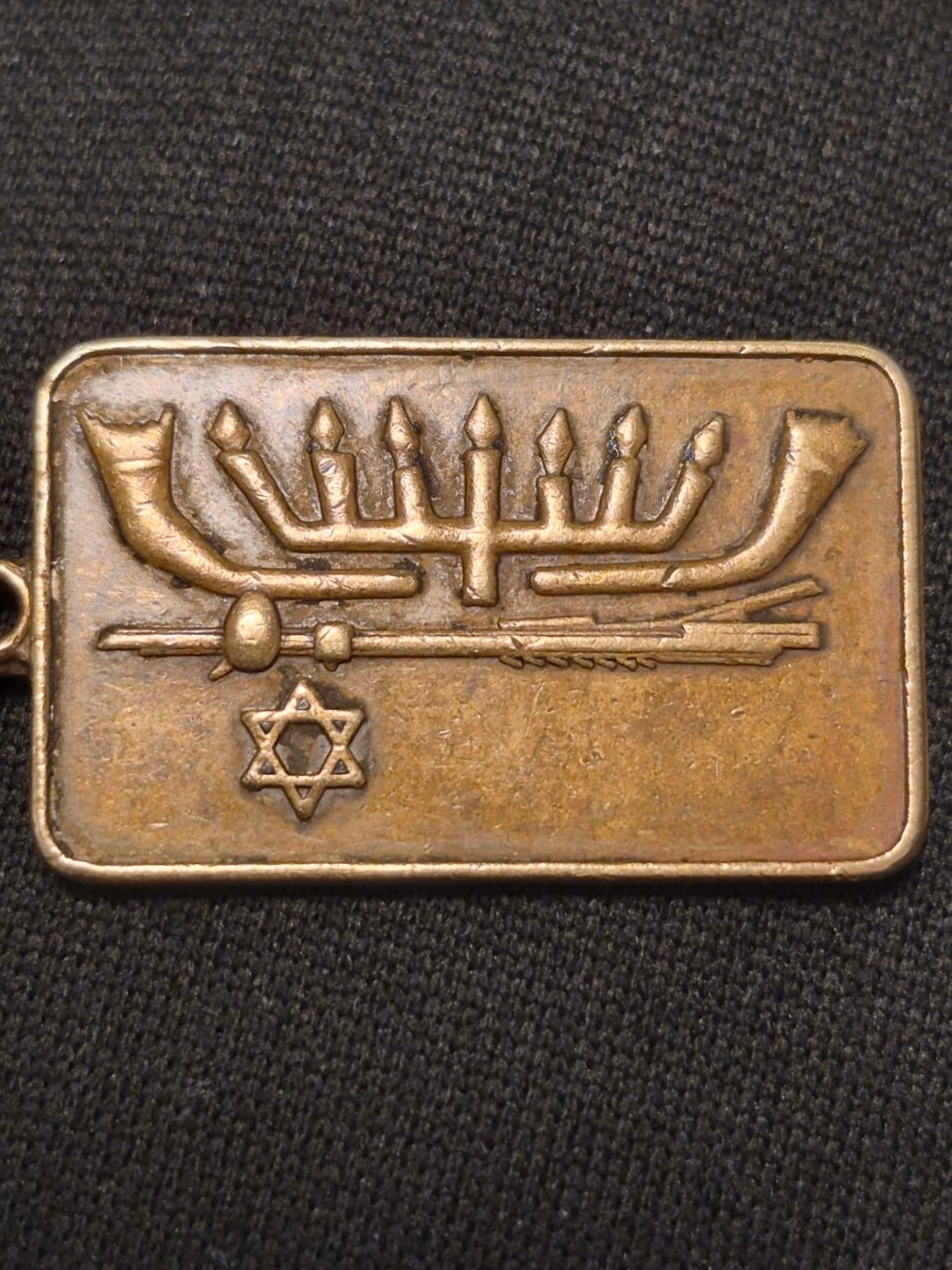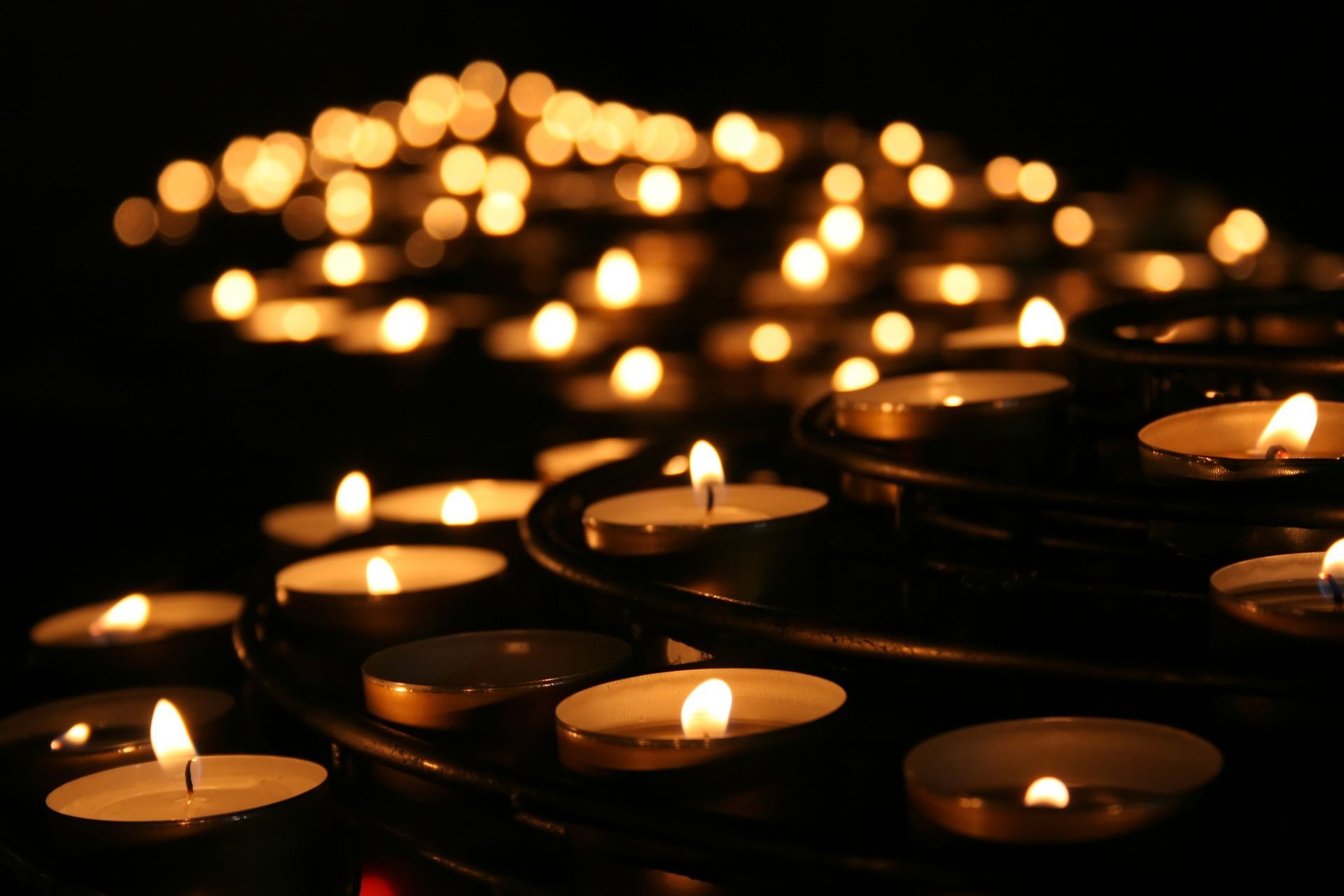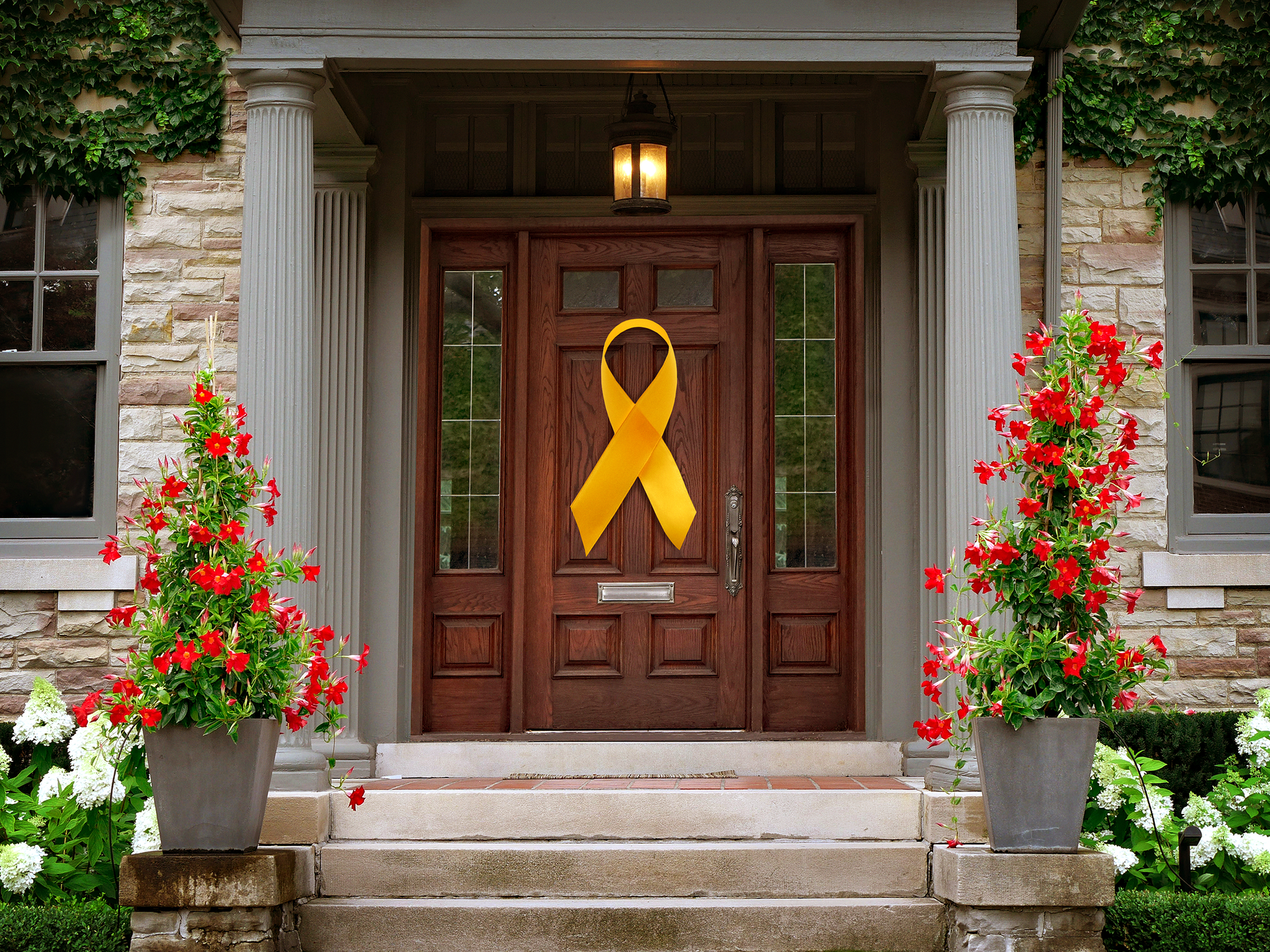Legal Considerations for Planning Funerals
Planning a funeral involves more than choosing a casket or a service. Numerous legal concerns come into play, many of which people aren’t aware of until they are faced with the situation. It’s completely normal not to know what these legal requirements are, but understanding them in advance can help ensure everything is handled smoothly. This guide will walk you through some of the most important legal considerations accompanying funeral planning.
Is There a Will? Are There Preplanned Funeral Arrangements?
A will often includes funding and plans for funeral services. If such a will exists, it’s important to determine how detailed it is regarding funeral expenses. Some individuals make prepaid arrangements covering caskets, burial fees, or cremation costs. Funeral homes will honor prearranged plans, though families may need to verify records, especially if arrangements were made in advance of need.
Navigating the legal landscape of funeral planning takes time, and trying to handle everything under tight constraints can lead to rushed decisions. Planning ahead is the best way to avoid overspending, underspending, or making uninformed choices. Deciding ahead of time reduces financial strain and ensures the deceased’s wishes are honored. When preplanning isn’t possible, funeral homes will assist families in making legally sound arrangements in a short timeframe.
Who Can Make Funeral Arrangements?
Even when a person leaves a will specifying their funeral wishes, funeral homes must follow instructions from specific parties with the legal authority to make funeral and burial decisions. Those parties are specified by law and have authority in the following order:
- A person may make his or her own pre-arrangements with the funeral home and cemetery of their choice.
- Agent in a power of attorney for health care
- Next of Kin: The closest legal relative, specified by law. Spouse, children, parents, siblings, etc.
- Conservator: A court-appointed individual can make pre-arrangements for the conservatee, but only has authority after the death if there are no blood relatives and no agent in a health care power of attorney.
Choosing a clear decision-maker isn’t just necessary for the funeral home. This authorized arbiter helps families avoid disagreements over sensitive decisions during an already emotionally taxing time.
How Will Funeral Expenses Be Covered?
Prepaying funeral expenses is often the best way to pay for a funeral, as it allows payments to be spread out over time without interest. Some funeral homes partner with nonprofit organizations to provide financial assistance to families in need. Special hardship rates may also be available in cases involving the loss of a child. Exploring financial assistance options early can help ease the burden that comes with deciding how to pay for these arrangements.
Life insurance policies may also cover funeral expenses, either through direct payments or assignments on funds. In an assignment on funds, the beneficiary directs a life insurance company to pay part of the policy directly to the funeral home.
It is important to note that some mortuaries, including Hillside Memorial Park and Mortuary, do not accept assignment of funds, and funeral services sometimes take place before insurance payouts can be processed, which can complicate matters. Understanding how and when these funds are available is crucial.
Which Legal Documents Are Needed?
Several key documents may be required for funeral planning and handling affairs after death:
- Durable Power of Attorney/Advance Health Directive: Grants authority to make funeral and burial decisions.
- Trust Documents: apply when cemetery property has been placed in a trust.
- Will: May contain specific funeral directives.
- Military DD214 Form: Necessary for scheduling a burial in a national cemetery, obtaining a burial flag, and arranging additional military honors like a 21-gun salute.
Which of these documents you need depends on your specific legal and personal circumstances. If you are not sure which documents you need to honor the wishes of your loved one, your Family Service Advisor may be able to assist you in identifying which you need.
Notifying Relevant Organizations
One of the most important steps after a death is notifying relevant organizations to secure documents like death certificates, military discharge papers, and other relevant documents. It’s crucial to obtain enough copies to send to agencies such as:
- The Social Security Administration (to halt benefits and apply for survivor benefits if applicable)
- Veterans Affairs (for burial flags and military honors)
- Life Insurance Providers (to process claims)
- Employers (should they require notification of the passing)
Funeral directors can help assist in obtaining these documents efficiently, although it is up to survivors to distribute them.
Are There Laws About the Disposal of Bodies?
Laws regarding body disposition vary by state. In addition to respecting the deceased’s wishes as outlined in their will, legal regulations must be followed for cremation, burial, or other methods of body disposal. Some states require written authorization for cremation or detailed coordination for burials. Mortuaries and funeral homes must adhere to state-specific guidelines to ensure compliance.
What Are the Legal Responsibilities of the Funeral Home?
Funeral homes have legal obligations to provide transparency and fairness in their services. These include:
- Itemized Price Lists for services and products, ensuring families understand costs upfront.
- Cemetery Pricing to outline burial expenses.
- Statements of Purchased Items so families know exactly what they are paying for in advance or at the time of need.
Federal and state laws require funeral homes to be upfront about costs, and families should always request a written statement before making any financial commitments.
Looking Ahead
Planning a funeral involves many legal considerations, and being prepared can make a difficult time more manageable and prevent unnecessary stress during a sensitive time. While funeral homes assist with these processes, having a clear legal plan in place is the best way to ensure a smooth and respectful farewell for your loved one.
Whether you are in the beginning, middle, or end of your journey planning the funeral, it is best to call one of our advance planning advisors for education and information for the duration of the process. Don’t hesitate to reach out on our site or at 800.576.1994.

Planning a funeral involves more than choosing a casket or a service. Numerous legal concerns come into play, many of which people aren’t aware of until they are faced with the situation. It’s completely normal not to know what these legal requirements are, but understanding them in advance can help ensure everything is handled smoothly. This guide will walk you through some of the most important legal considerations accompanying funeral planning.
Is There a Will? Are There Preplanned Funeral Arrangements?
A will often includes funding and plans for funeral services. If such a will exists, it’s important to determine how detailed it is regarding funeral expenses. Some individuals make prepaid arrangements covering caskets, burial fees, or cremation costs. Funeral homes will honor prearranged plans, though families may need to verify records, especially if arrangements were made in advance of need.
Navigating the legal landscape of funeral planning takes time, and trying to handle everything under tight constraints can lead to rushed decisions. Planning ahead is the best way to avoid overspending, underspending, or making uninformed choices. Deciding ahead of time reduces financial strain and ensures the deceased’s wishes are honored. When preplanning isn’t possible, funeral homes will assist families in making legally sound arrangements in a short timeframe.
Who Can Make Funeral Arrangements?
Even when a person leaves a will specifying their funeral wishes, funeral homes must follow instructions from specific parties with the legal authority to make funeral and burial decisions. Those parties are specified by law and have authority in the following order:
- A person may make his or her own pre-arrangements with the funeral home and cemetery of their choice.
- Agent in a power of attorney for health care
- Next of Kin: The closest legal relative, specified by law. Spouse, children, parents, siblings, etc.
- Conservator: A court-appointed individual can make pre-arrangements for the conservatee, but only has authority after the death if there are no blood relatives and no agent in a health care power of attorney
- Understanding who has authority will help you plan accordingly and avoid disagreements over sensitive decisions.
Choosing a clear decision-maker isn’t just necessary for the funeral home. This authorized arbiter helps families avoid disagreements over sensitive decisions during an already emotionally taxing time.
How Will Funeral Expenses Be Covered?
Prepaying funeral expenses is often the best way to pay for a funeral, as it allows payments to be spread out over time without interest. Some funeral homes partner with nonprofit organizations to provide financial assistance to families in need. Special hardship rates may also be available in cases involving the loss of a child. Exploring financial assistance options early can help ease the burden that comes with deciding how to pay for these arrangements.
Life insurance policies may also cover funeral expenses, either through direct payments or assignments on funds. In an assignment on funds, the executor directs a life insurance company to pay part of the policy directly to the funeral home.
It is important to note that some mortuaries, including Hillside Memorial Park and Mortuary, do not accept assignment of funds, and funeral services sometimes take place before insurance payouts can be processed, which can complicate matters. Understanding how and when these funds are available is crucial.
Which Legal Documents Are Needed?
Several key documents may be required for funeral planning and handling affairs after death:
- Durable Power of Attorney/Advance Health Directive: Grants authority to make funeral and burial decisions.
- Trust Documents: Apply when cemetery property has been placed in a trust.
- Will: May contain specific funeral directives.
- Military DD214 Form: Necessary for scheduling a burial in a national cemetery, obtaining a burial flag, and arranging additional military honors like a 21-gun salute.
Which of these documents you need depends on your specific legal and personal circumstances. If you are not sure which documents you need to honor the wishes of your loved one, your Family Service Advisor may be able to assist you in identifying which you need.
Notifying Relevant Organizations
One of the most important steps after a death is notifying relevant organizations to secure documents like death certificates, military discharge papers, and other relevant documents. It’s crucial to obtain enough copies to send to agencies such as:
- The Social Security Administration (to halt benefits and apply for survivor benefits if applicable)
- Veterans Affairs (for burial flags and military honors)
- Life Insurance Providers (to process claims)
- Employers (should they require notification of the passing)
Funeral directors can help assist in obtaining these documents efficiently, although it is up to survivors to distribute them.
Are There Laws About the Disposal of Bodies?
Laws regarding body disposition vary by state. In addition to respecting the deceased’s wishes as outlined in their will, legal regulations must be followed for cremation, burial, or other methods of body disposal. Some states require written authorization for cremation or detailed coordination for burials. Mortuaries and funeral homes must adhere to state-specific guidelines to ensure compliance.
What Are the Legal Responsibilities of the Funeral Home?
Funeral homes have legal obligations to provide transparency and fairness in their services. These include:
- Itemized Price Lists for services and products, ensuring families understand costs upfront.
- Cemetery Pricing to outline burial expenses.
- Statements of Purchased Items so families know exactly what they are paying for in advance or at the time of need.
Federal and state laws require funeral homes to be upfront about costs, and families should always request a written statement before making any financial commitments.
Looking Ahead
Planning a funeral involves many legal considerations, and being prepared can make a difficult time more manageable and prevent unnecessary stress during a sensitive time. While funeral homes assist with these processes, having a clear legal plan in place is the best way to ensure a smooth and respectful farewell for your loved one.
Whether you are in the beginning, middle, or end of your journey planning the funeral, it is best to call one of our advance planning advisors for education and information for the duration of the process. Don’t hesitate to reach out on our
site or at 800-576-1994.











